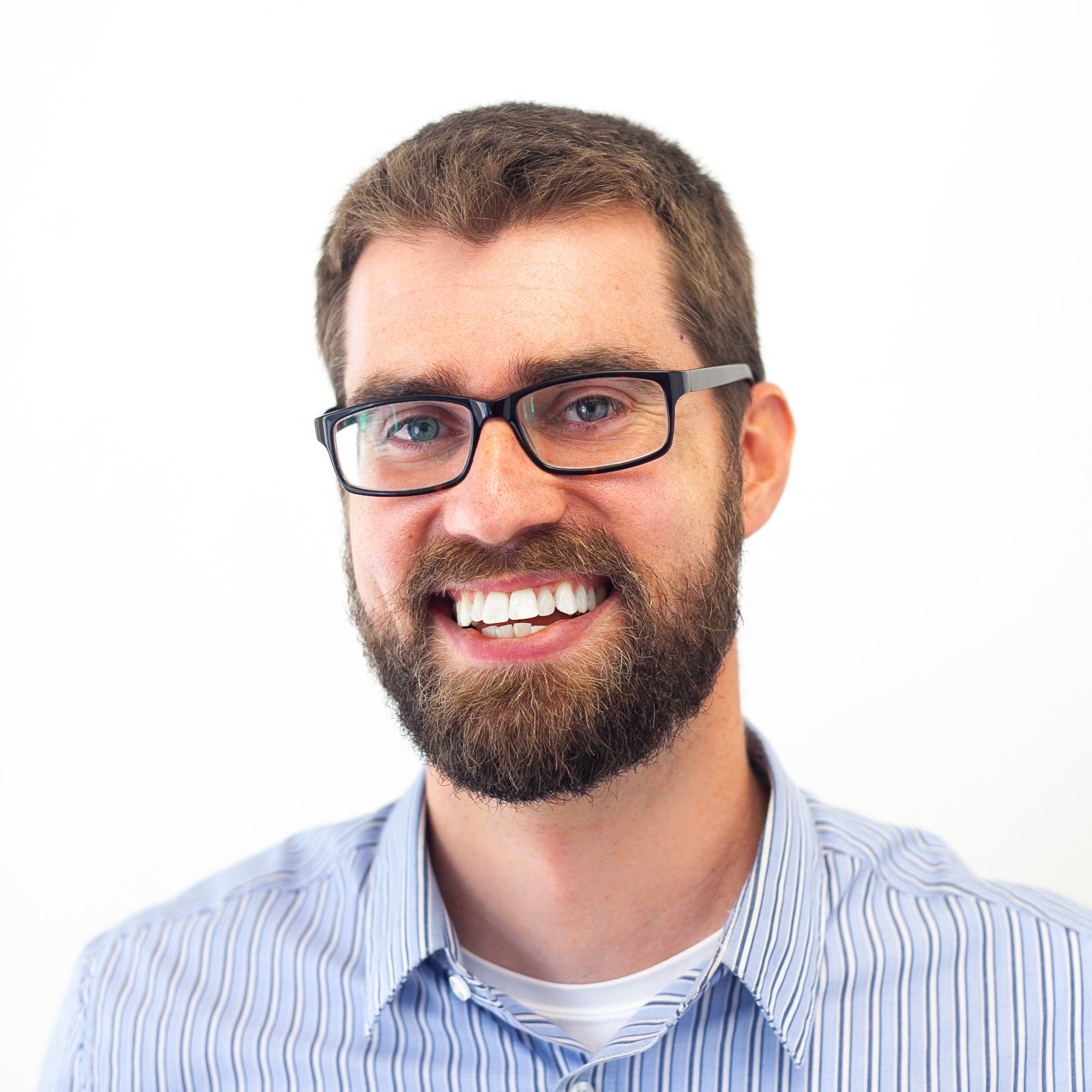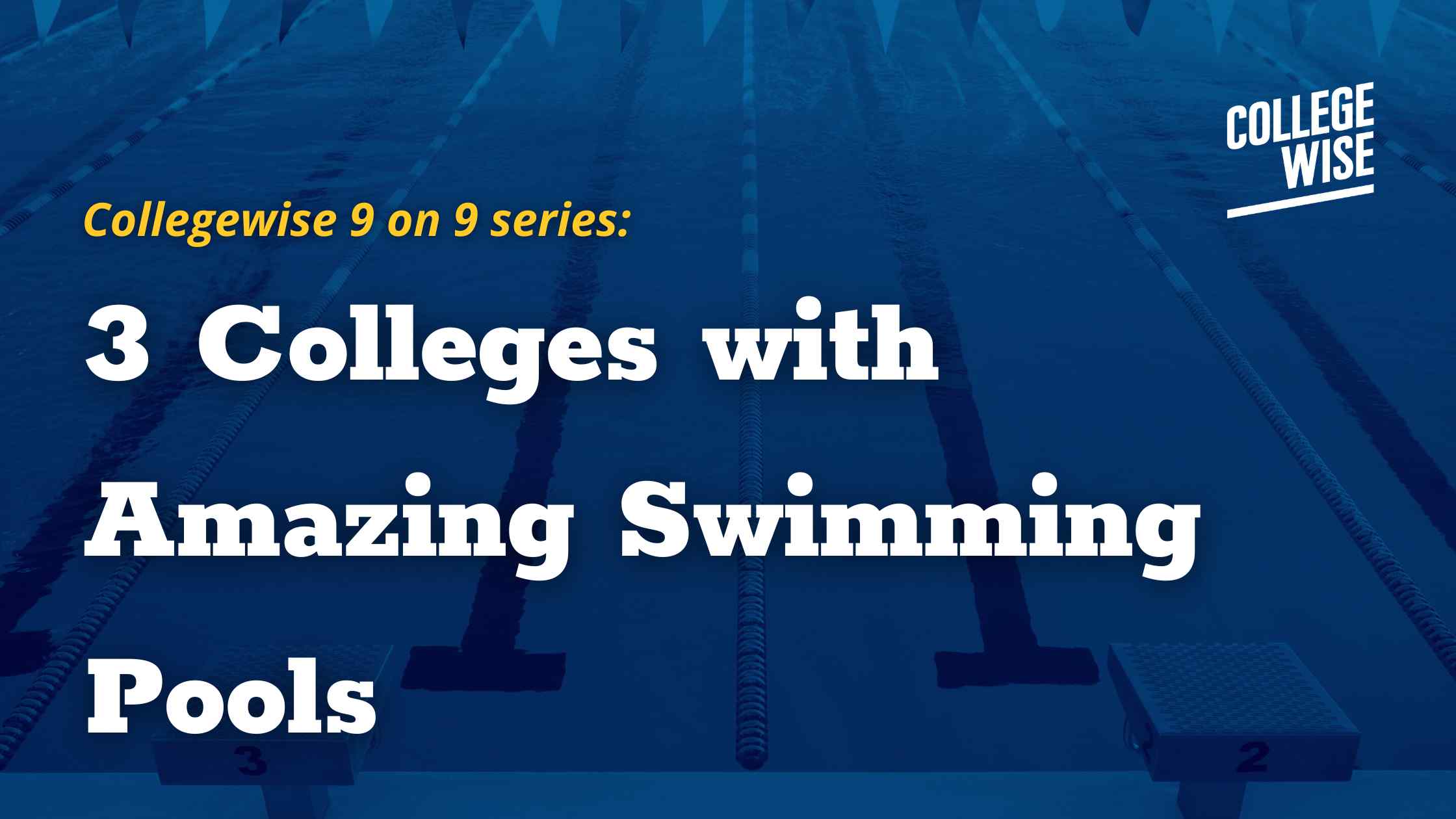I’m a professional college counselor, so I know a thing or two about colleges. But when you live in a country with over 4,000 degree-granting institutions, there’s always more to learn.
From the outside, colleges are big and scary. They’re complicated, too – everyone knows that. But it’s worth thinking about exactly how complex they can seem to a high schooler. The athletic department alone at even a medium-sized college might receive more funding than your community’s entire high school. A typical college has several hundred student organizations, from Greek life to interest clubs to community service groups. And at the colleges most students attend, it’s not just unlikely you’ll know the names of everyone in your class; it’s mathematically impossible.
It turns out, this story actually ends well – once you’ve settled into college, it doesn’t seem so big and scary anymore. They’re real places, with concrete identities and philosophies – and the (often amazing) stories that go with them. But without the comfort that comes with familiarity, it’s easy to get overwhelmed by the flood of information you’ll find on a college website. That’s why I encourage students to identify the small details that reveal the fundamental truths of a college. Often, that can happen just by learning more about something you already love (a practice we preach at Collegewise).
For instance: I’ll bet you didn’t know that Marquette University in Milwaukee houses the United States’ largest collection of JRR Tolkien’s writings. As it happens, I discovered this not as a counselor but as a fan. I’m a *giant* nerd and a devoted listener of a podcast celebrating the works of Tolkien (The Prancing Pony Podcast – take a listen if hobbits are your thing). In one episode, Bill Fliss, an archivist and curator of Marquette’s Tolkien library, spoke about their collection, and immediately my professional and personal worlds collided. Marquette, I knew, is very serious about their Jesuit, Catholic identity. Without that tradition, it’s unlikely that Tolkien, a devoted Catholic, would have agreed to sell his writings and unlikely that the university would have considered its purchase worthwhile. This inconsequential bit of trivia reinforced to me how important Catholic traditions are to Marquette.
Today, Marquette University is more identified with Dwyane Wade than with Tolkien. But that bit of trivia speaks to a larger truth about life at that university, and it’s something I wouldn’t have discovered without my pre-existing interests.
Let’s nerd out together. I’ll provide a rundown of some of the most interesting college trivia I’ve come across (a million thanks to my fellow Wisers, who provided much of this information). As you read, try to imagine: Would I take advantage of this? Does this align with my interests? What does this say about life at this college? The best research, I’ve found, is done when students combine rigorous fact-finding with wild imagination.
When you think of Berkeley, California, you might instantly think of protests, farmer co-ops, or those students who lived in a tree for two years. What you may not know is that UC Berkeley’s College Republican club is the largest and most active in California. Call it the Olive Theory of college: when everyone around you has a reputation for thinking the same way on an issue, it’s easy to sharpen your own differing interests and build a strong community based around them.
Oregon State and Penn State are the only two universities in America to hold Land, Sea, Sun, and Space grants, given to encourage and reward research into agriculture, marine issues, renewable energy, and aerospace. As a result, students conduct research alongside everyone from local farmers to NASA.
The University of Chicago doesn’t just have the weirdest essay prompts in America. It also has an unwavering commitment to free speech on campus, inspiring over 70 other colleges and universities to adopt what have become known as the “Chicago Principles” of free expression. So, whether you’re trying to explain where Waldo actually is or exploring some other controversial topic, UChicago is a place that will protect your right to say what you feel (within reason).
Florida’s Eckerd College clearly takes advantage of its Tampa Bay location. Students can research dolphins, study marine geology, or join a sailboat team. If you want to spend a lot of time on a beach, Eckerd might be for you. But all that opportunity comes with some responsibility: Eckerd hosts the only college-based marine search and rescue team in America and responds to hundreds of distress calls every year.
Portland’s Reed College has the only nuclear reactor in America run mostly by undergraduates. That makes sense: those nerdy Reedies (believe me, that’s a compliment there) are disproportionately likely to earn doctorates later in life.
During the COVID-19 pandemic, most of my students have missed out on their usual summer travel – and many of them want to make up for it in college. Goucher College in Baltimore requires every student to study abroad at least once during their college career. Students who love to travel can take advantage of a huge array of locations and resources available to them. It’s no surprise that Goucher is also a top producer of Fulbright Scholars.
Today, cooperative education programs (supervised, often-compensated internships built into a college curriculum) are more identified with institutions like Northeastern or Drexel University. But in 1906, the very first co-op was founded at the University of Cincinnati, and every year thousands of students there continue to develop professional experience – and make some money – before graduating.
Colgate University has an unusual lucky number – 13 – because it was founded by “13 men with 13 dollars and 13 prayers.” To this day, every Friday the 13th is celebrated as “Colgate Day” and a clear focus on history, tradition, and community is an obvious outgrowth.
Oberlin College was the first American university to adopt official policies allowing Black students (1835), women (1837), and Black women (1857) to enroll. Today, Oberlin students continue to be a liberal, experimental, social-justice-oriented college community, albeit one that struggles to achieve the diversity they pioneered nearly 170 years ago.
Pitzer College was founded in the social, environmental, and political upheaval of the 1960s, and you can see that foundation in everything from sustainable landscaping to a “Free Wall” where students can paint literally anything they want (until it’s painted over by the next artist).
The curriculum at St. John’s College is based on the “Great Books” of the (mostly European) world. For students who find eternal truth in the works of de Tocqueville and Descartes, learning science, language, or music alongside those thinkers creates a unique undergraduate experience.
MIT has a thriving “hacker” ecosystem that usually has nothing to do with computers. Every year, in the dark of night, students transform beloved locations on campus into Dadaist versions of their previous selves. One infamous hack transported Caltech’s Fleming Cannon 3,000 miles from Pasadena, California to Cambridge, MA in retribution for an earlier Caltech prank. Studying at MIT can get intense, but pranks and hacks can help students blow off steam (and keep the rest of us entertained).
This list is exactly what it looks like: trivia. Much of this information is simply not going to be relevant to most students. But for those who read about Reed’s nuclear reactor or Oberlin’s historical commitment to social justice and immediately thought, “Wow, cool!,” concrete facts like these can help confirm what types of colleges they’re truly interested in – and get past the “rankings” trap. To get a better idea of which colleges are right for you, try taking a close look at what you already love doing. Which college will give you the opportunity and the support to do more of that? The answer is not trivial at all.
About Us: With more than twenty years of experience, Collegewise counselors and tutors are at the forefront of the ever-evolving admissions landscape. Our work has always centered on you: the student. And just like we’ve always done, we look for ways for you to be your best self - whether it’s in the classroom, in your applications or in the right-fit college environment. Our range of tools include counseling, test prep, academic tutoring, and essay management, all with the support of our proprietary platform, leading to a 4x higher than average admissions rates.



.png?width=600&name=Blog%20CTAs%20(7).png)



